
OR
Cover Story
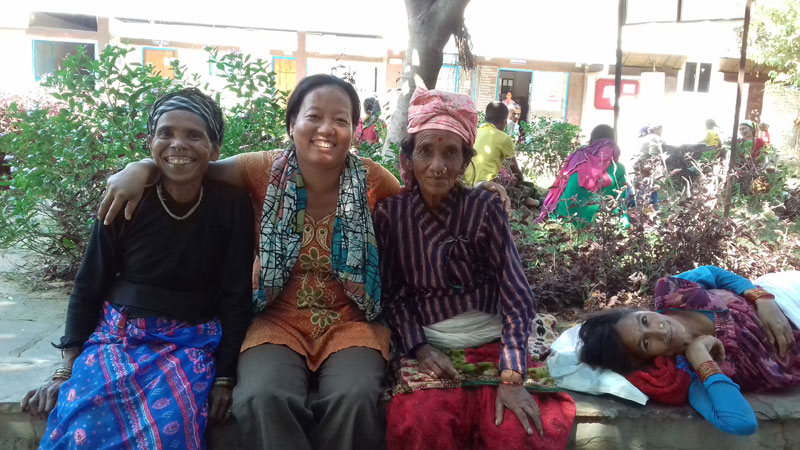
Hesitation to talk about their health problems has largely kept the women from receiving treatment. Since it is related to reproductive health, women feel ashamed to talk about it with even their family members.
Dhansara Nepali of Dasera village, Jajarkot is 59 now. She has been living with a prolapsed uterus for the last 18 years. Her agony, she says, cannot be described in words. Early marriage and delivering one baby after another without spacing out the pregnancies properly took a toll on her health.
The mother of five did have a feeling that something was wrong with her health, in particular her uterus, and that it was worsening over time. However, Nepali did not really feel comfortable talking about it until last year when she happened to meet health awareness campaigners in her village. Fortunately, she had a surgery in Mission Hospital at Chaurhajari and is now much healthier.
Similarly, Birmi Pun’s struggle with uterine prolapse lasted for 13 long years. During those terrible times, she could not even walk and carry out normal physical activities. Though she claims to be in better health now, after receiving free treatment at her village, she recalls how life was really hard when she suffered for uterine prolapse.
While thousands of women in Jajarkot suffer from prolapse, Pun and Nepali are among the few fortunate ones to get medical attention, though they received it much later than they should have. Informal data estimates that over 10,000 women in the district suffer from uterine prolapse. Early marriage, early motherhood, lack of care during delivery and pre and post delivery are among the many reasons why women in Jajarkot, as in other places of Nepal, seem to suffer from this fairly common problem.
According to a local government officer at Jajarkot, Ram Birkram Shah, poverty and lack of awareness have made women’s life really terrible in the district. “They get married when they are 15 or 16 years old and then they deliver babies in quick succession. Due to lack of medical intervention, they suffer from uterine prolapse,” he said. The officer based in Mejkot of Jajarkot also said that many women from Mejkot suffer from this health problem and that many hesitate to talk about it not just because of lack of awareness but also shame.
Doti is another district in the Far West region of Nepal to have maximum number of women suffering from uterine prolapse. The reasons behind the poor scenario of women’s health are no different. Physical exertion, lack of nutritious food, early motherhood etc. have been taking a toll on women’s health here too. Just like in Jajarkot, the hesitation to talk about their health problems has largely kept the women from receiving treatment. Since it is related to reproductive health, women feel ashamed to talk about it even with their family members.
Bam Bahadur Khadka, in-charge of the health post in Bajkakani village, stated that women do not speak up about the problem easily and that in itself is the biggest problem. Citing a number of cases of ‘hesitant visitors’, Khadka said that they deprive themselves of timely surgery of uterine prolapse by hiding the problem. “Just a few months ago, a women in her 40s had this case. She used to come to the health post regularly for medicine. The medicine was not making any difference on her health as that was simply not the right medicine for her. Yet, she was not ready to go through a thorough checkup,” said Khadka. “Her health was deteriorating and we could sense that she had a gynecological problem. But she did not want to let us know,” he added.
Last year, Nepal Family Planning Association (NFPA) had organized a mobile health service for gynecology related problems at the village. The temporary program run in coordination with the Bajkakai VDC was hugely successful as many women attended and benefitted from it. Many women said that they had kept mum about their troublesome uterine problem just because they felt too shy to discuss it. During regular checkups at the mobile health service as many as 15 women were diagnosed with cervical cancer. “We had guessed that some patients had serious health problems, but as they would hesitate to talk we could not do much about it,” said Khadka.
According to Chetraj Fulara, manager at Doti branch of NFPA, women do not reveal their problems related to the uterus even to their husbands. “This is how serious the issue is. They simply don’t talk about it with anyone and suffer silently. And the problem only worsens over time,” he said.
Baitadi, yet another Far Western district, fares no well in terms of women’s reproductive health. Women between the age group of 25 to 70 years are reported to have been suffering from prolapsed uterus for many years. Women in the villages try their best to hide their problem, according to Gunaraj Awasthi, chief medical doctor at Baitadi District Hospital. “They come to the hospital only after the situation has worsened to a point where they can no longer keep it a secret. That’s why the situation is so alarming,” he said.
It has been years since this women’s health issue has been making headlines. However, the government and non-government health sector have failed – and miserably so – to change things. According to Awasthi, tacking early marriage and motherhood, poverty alleviation, bringing health awareness and providing better health facilities are some of the major agendas that need to be prioritized if women’s health is to be improved especially in the Far Western region.
(Field report: Janak KC/Arun Bam/Bira Gadal/Ram Bahadur Kunwar)
You May Like This

Living in the now
Every day in the evening a group of children come out to play in my colony. They scream, they laugh,... Read More...

Living her dream
I still prefer being engaged in some productive work instead of spending time lazing about. You will actually find me... Read More...
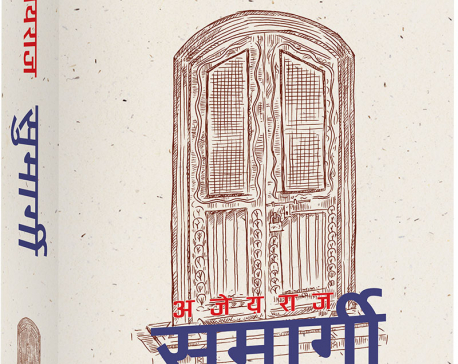
Sumargi - The Right Path of Living
Sumargi, the biography of renowned businessman Ajeyaraj Sumargi, is an inspirational story of his struggles in life and his eventual success... Read More...

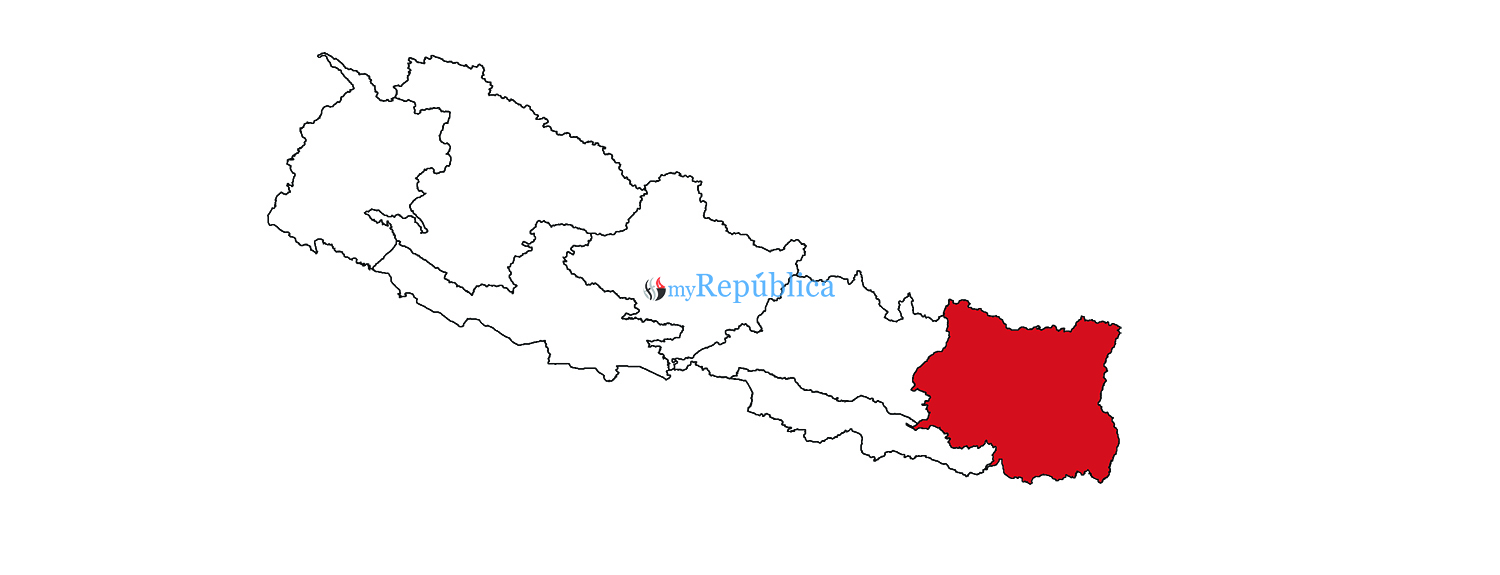
Just In
- UAE secures spot in ACC Premier Cup final, defeating Nepal by six wickets
- NC to boycott Gandaki Province Assembly, submits letter to Speaker
- 850 grams of gold seized from Indian national at TIA
- Rupandehi District Court orders to release Dipesh Pun on a bail of Rs 400,000
- Teachers’ union challenges Education Minister Shrestha's policy on political affiliation
- Nepal sets target of 120 runs for UAE in ACC Premier Cup
- Discussion on resolution proposed by CPN-UML and Maoist Center begins in Koshi Provincial Assembly
- RBB invites applications for CEO, applications to be submitted within 21 days








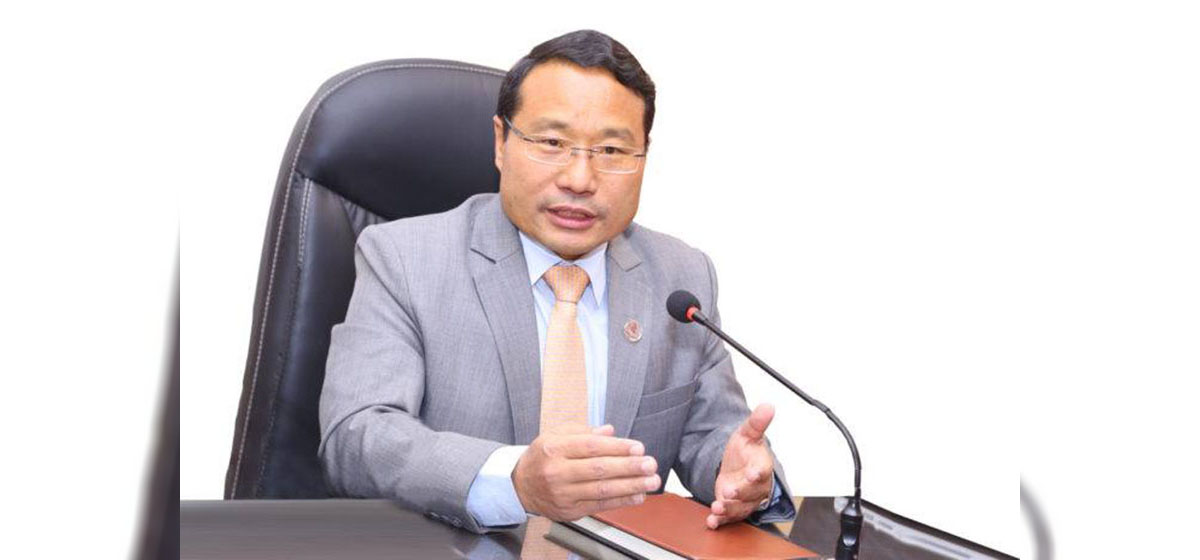


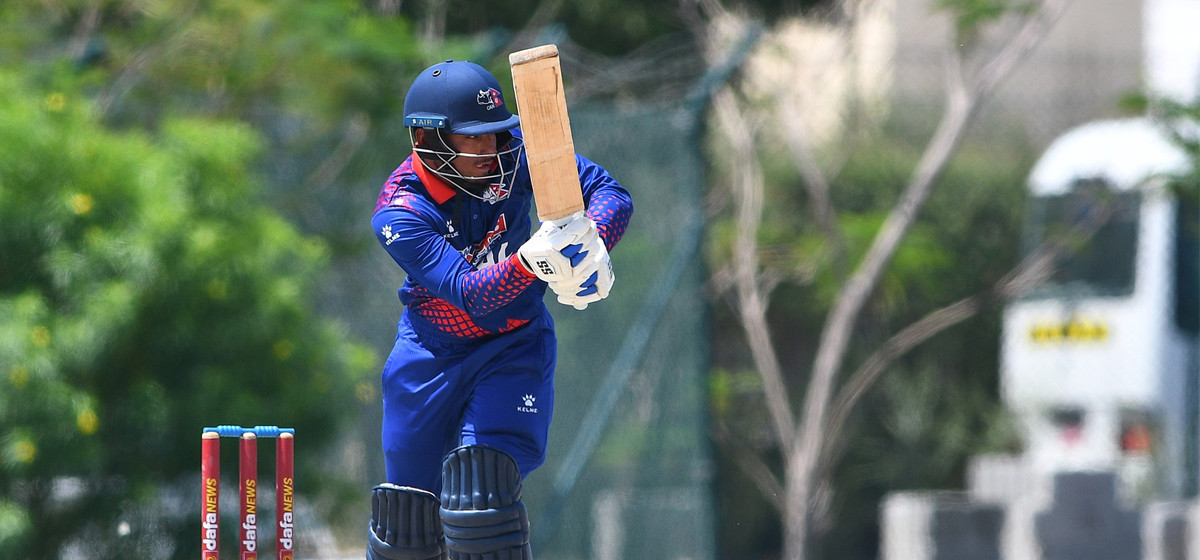
_20240311121839.jpg)


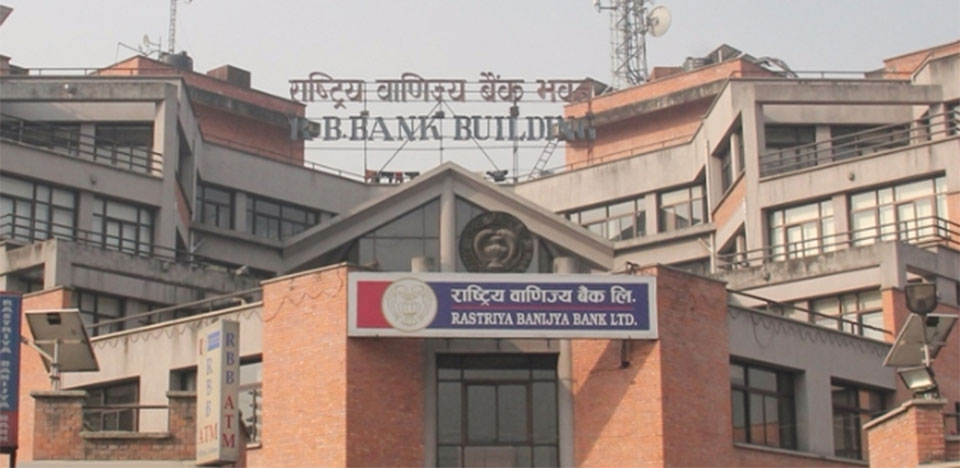
Leave A Comment